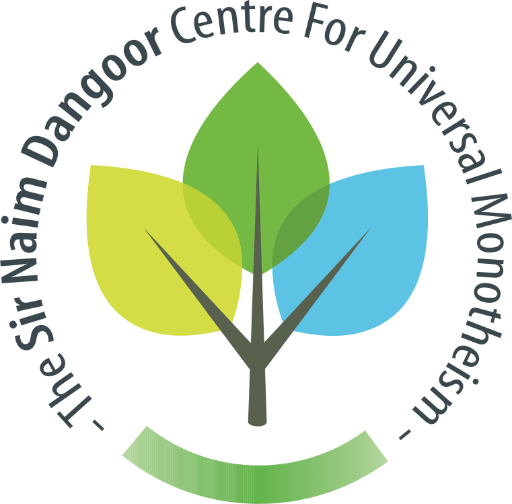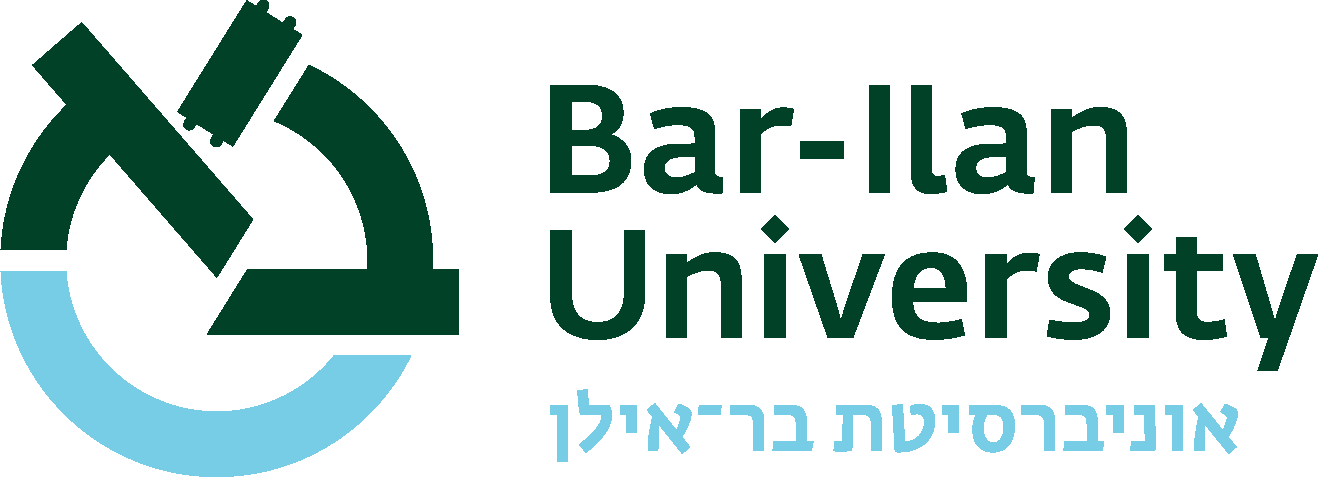The Dangoor Centre (מרכז דנגור) is the direct continuation of the Dangoor Program which was active from 2008-2018. The Centre began its official activities during the 2019 academic school year and operates out at the faculty of Humanities, Bar-Ilan University.
The primary aim of the Sir Naim Dangoor Centre for Universal Monotheism (מרכז דת-עולם ע”ש סר נעים דנגור) is to return the humanities to its place as a connector between worlds and to act as an intercultural mediator.
This is being accomplished through encouragement of intellectual discourse activities and means of dialogue in a variety of fields of knowledge and interest shared by all peoples and all cultures (that is, universal), including diplomacy, literature, music, heritage, faith, folklore and philosophy.
The Centre operations focus on innovation, publication, development and distribution of knowledge and insights on issues of universal cultural interest, based on tolerance, mutual respect, and a comprehensive and respectful intellectual worldview. We operate as an inter-religious and inter-cultural mediator in a variety of fields of knowledge and interest shared by all peoples and cultures, heritages and traditions from the West and East.
In this spirit, the Centre activities focus on four primary loci of interest:
- Comparative Religions
- The History of Ideas
- Cultural Diplomacy
- Contemporary Cultural Studies
Brief on our History
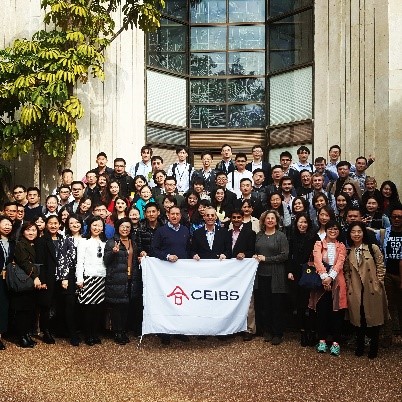
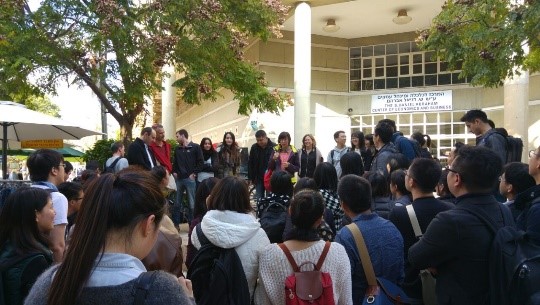
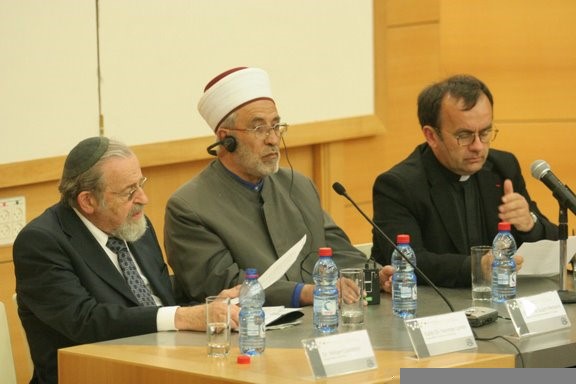
The Sir Naim Dangoor Program for Universal Monotheism
The main goal of the program was to cultivate real peace and understanding through truth, ethics, and action of the broad common ground shared by the major monotheistic religions: Judaism, Christianity and Islam. Later, the program’s goal expended and were defined as to open horizons to learn more about other religions, and to serve as a bridge to East Asian beliefs and traditions.
Beginning Years 2007-2010: Three monotheistic religions: Judaism, Christianity and Islam
During its formative years, the program dealt with such issues as: what monotheistic faiths share in their moral and ethical views, commitments, and whether there are unique characteristics to monotheist regions. The research done during these formative years also lead to the publication of seven books under the aegis of the program.
The program sponsored seminars on comparative religions for university students as well as the general public. A series of conferences were organized and sponsored by the program which attracted participants from across the globe. These conferences, on topics such as Monotheism and Ethics: Philosophical and Historical Perspectives drew a large number of participants and served as a catalyst for establishing academic ties and joint ventures with Asian universities.
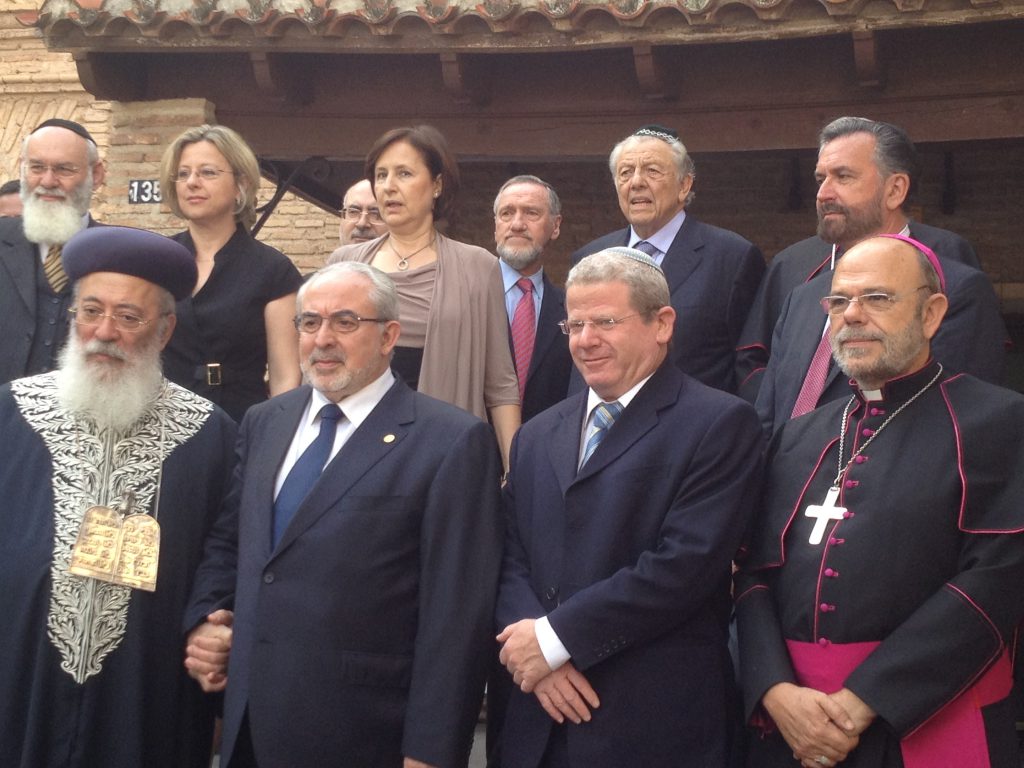
Second Stage of the program: years 2010-2014 East Asia Communities and inter-faith dialogue
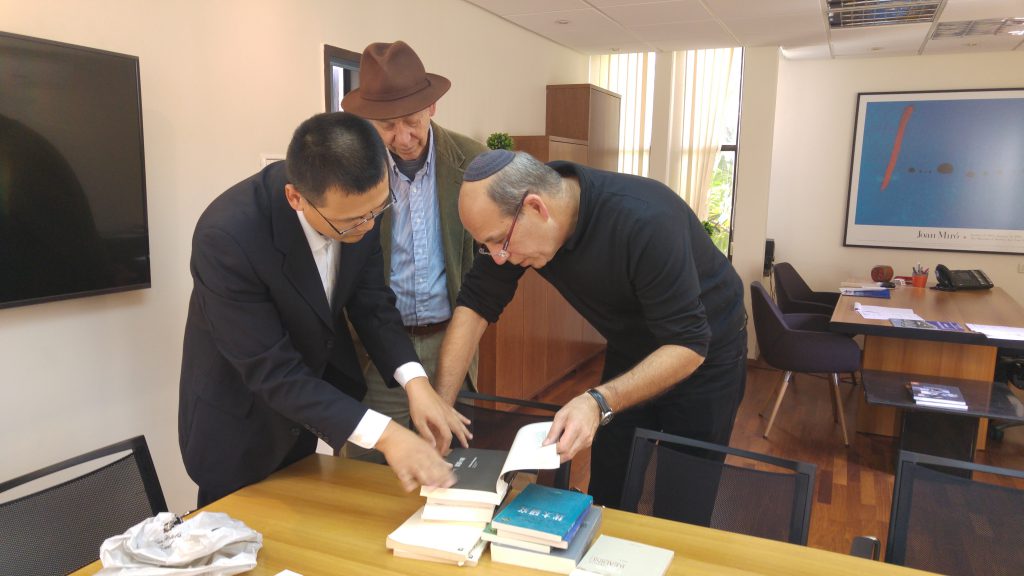
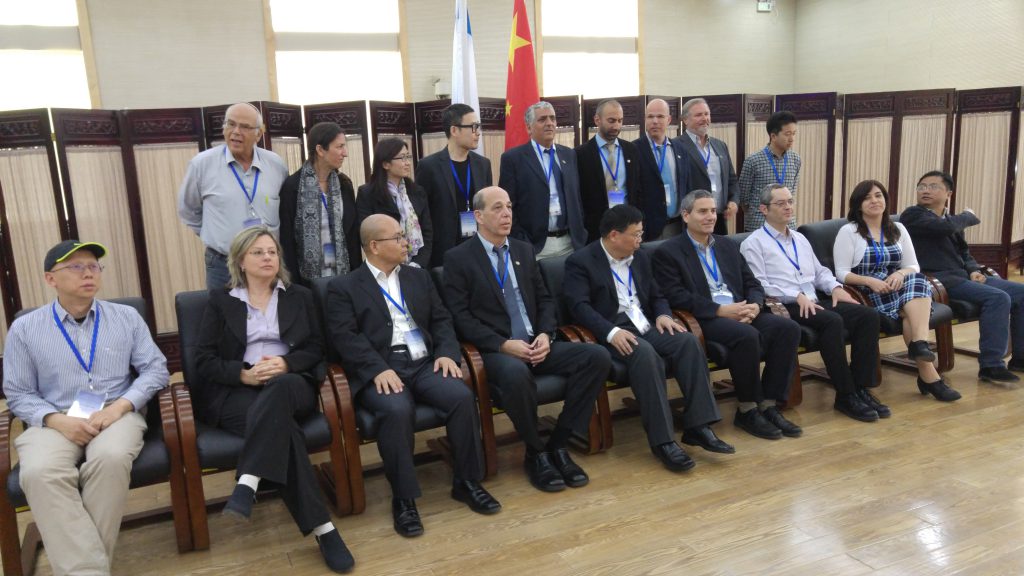

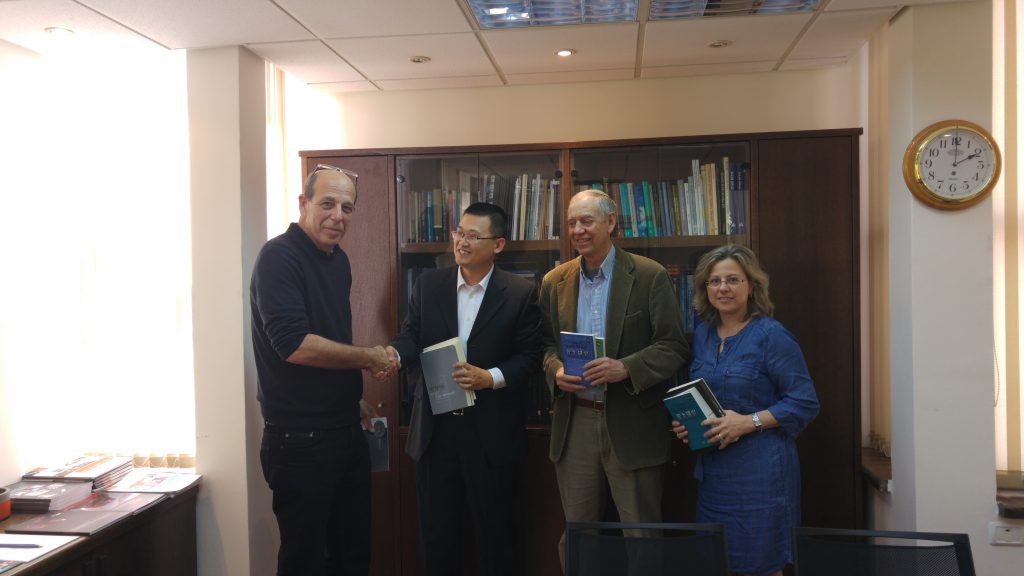
The Sir Naim Dangoor Program for Universal Monotheism expanded its focus to include activities and programming in Asia with special attention devoted to China, India, Japan, Korea and southeast Asia. As well as the Balkans, mainly Bulgaria and North Macedonia. This expansion comprised on academic agreement signing with leading Universities and research centers for exchange of scholars, students, joint workshops, educational visits, summer seminars and teacher training on contemporary Israel Studies.
Currently: The Dangoor Centre
The Dangoor Centre, operating within the Faculty of Humanities at Bar-Ilan University, has been actively engaging with universities worldwide for nearly two decades to foster dialogue and understanding through various branches of the humanities. Recognizing the crucial role of cultural diplomacy, the Centre emphasizes the importance of humanities, including literature, art, languages, music, comparative religious studies, and philosophy, as powerful tools to bridge prejudices and cultural gaps, facilitating meaningful dialogue.
The Centre’s activities are primarily focused on three key domains: the history of ideas, culture as diplomacy, and contemporary cultural studies. During its initial ten years, the Dangoor Centre aimed to cultivate mutual understanding by exploring shared ground among the major monotheistic religions: Judaism, Christianity, and Islam. As the program evolved, it expanded its objectives to include a broader exploration of religions, reaching out to East Asian beliefs and traditions.
To promote cultural exchange and dialogue, the Centre expanded its activities and programming to Asia, with a particular emphasis on China, India, Japan, Korea, Southeast Asia, as well as the Balkan region, primarily in Bulgaria and North Macedonia as well as Greece and Kosovo. This expansion involved establishing academic agreements with renowned universities and research centers in these regions, facilitating the exchange of scholars and students, organizing joint workshops and educational visits, conducting summer seminars, and providing teacher training on contemporary Israel Studies.
Abraham Accords Project: Free digital Library
One of the flagship projects that the Dangoor Centre will continue to develop in the upcoming years is a free digital library. This library, accessible through the website, features Arabic translations of Jewish and Israeli literature. The site and library are widely distributed in the Arab world and serve as a reference point for events and training courses. This project was initiated in the wake of the Abraham Accords, further emphasizing the center’s commitment to fostering cultural understanding and dialogue.
